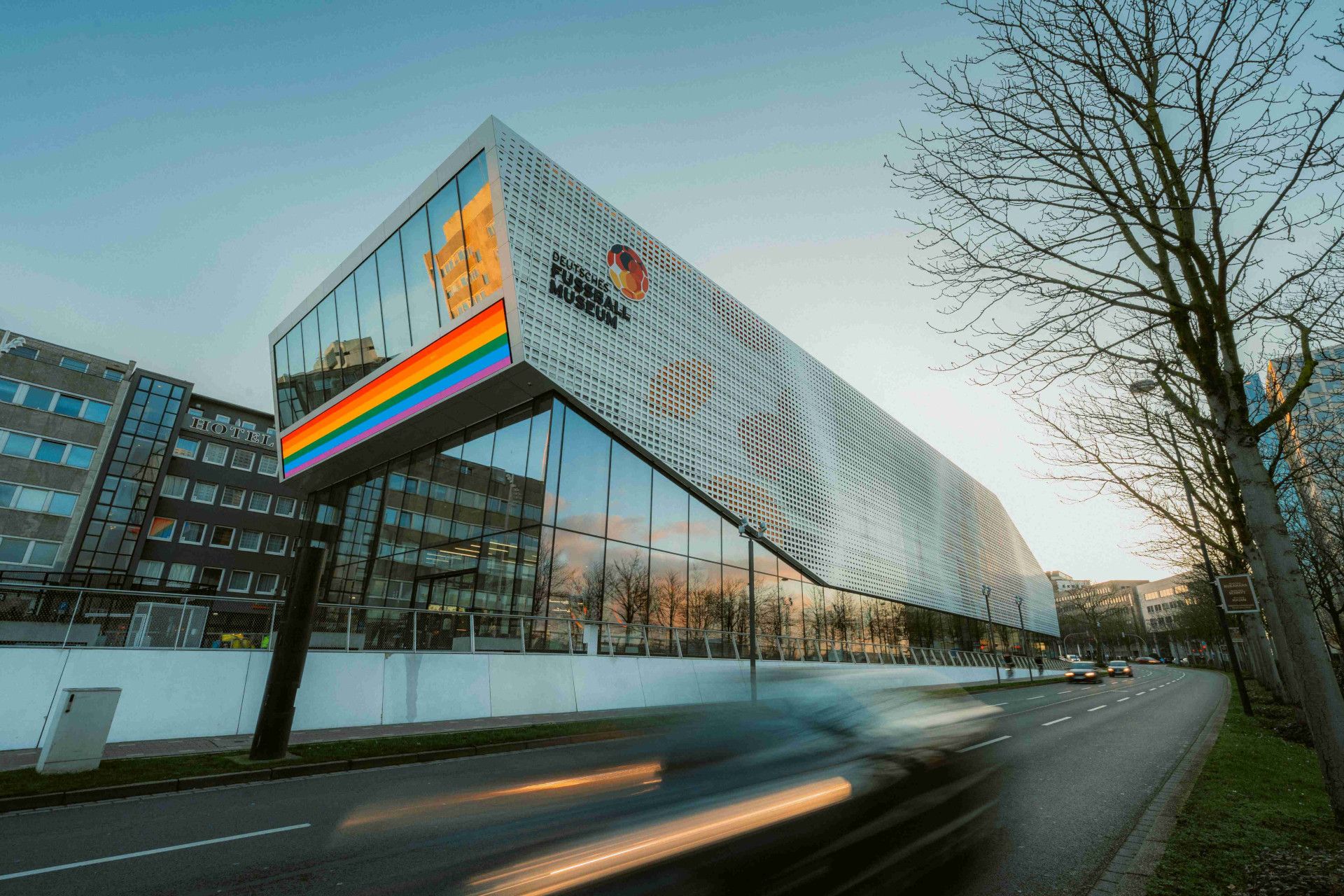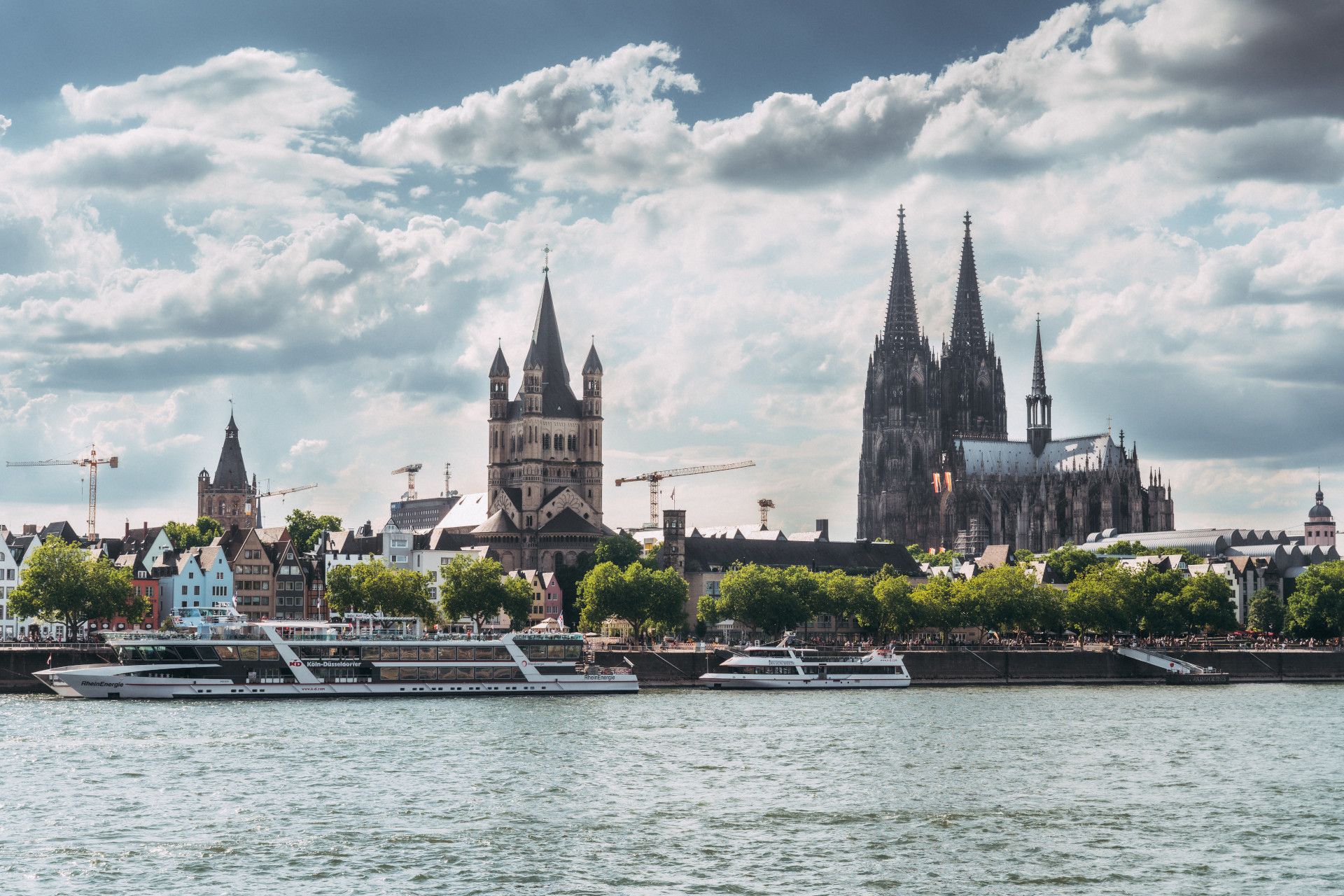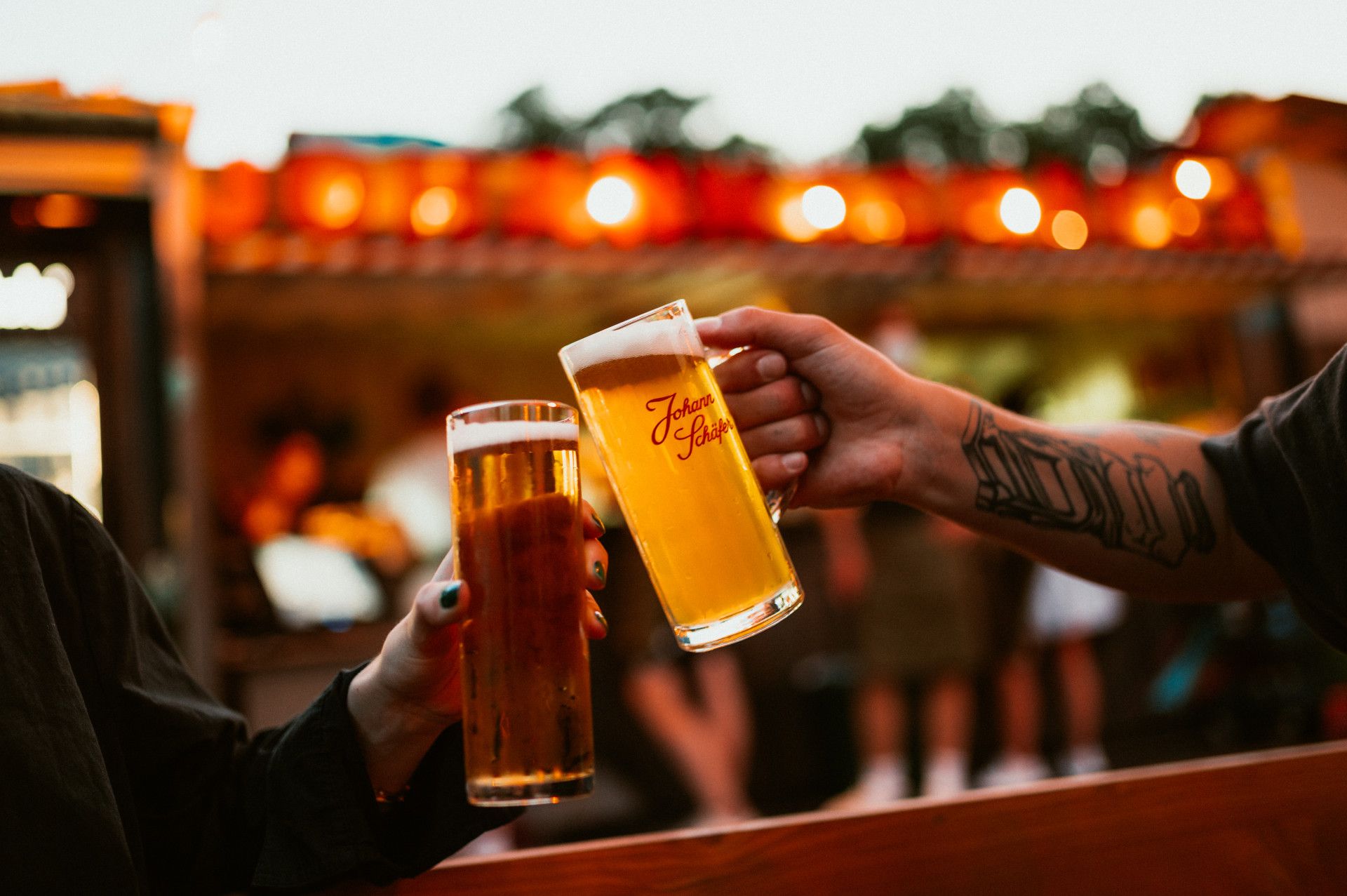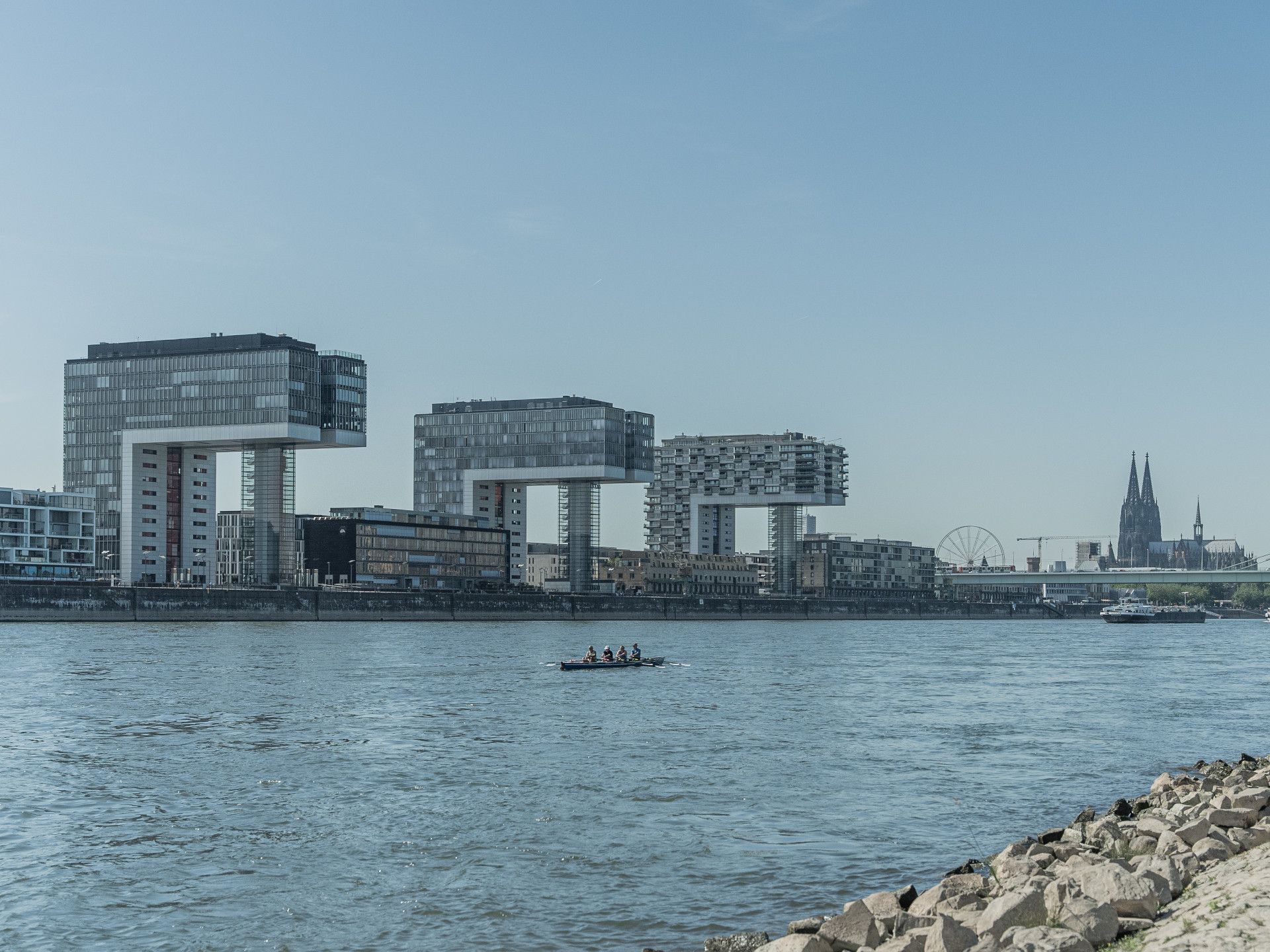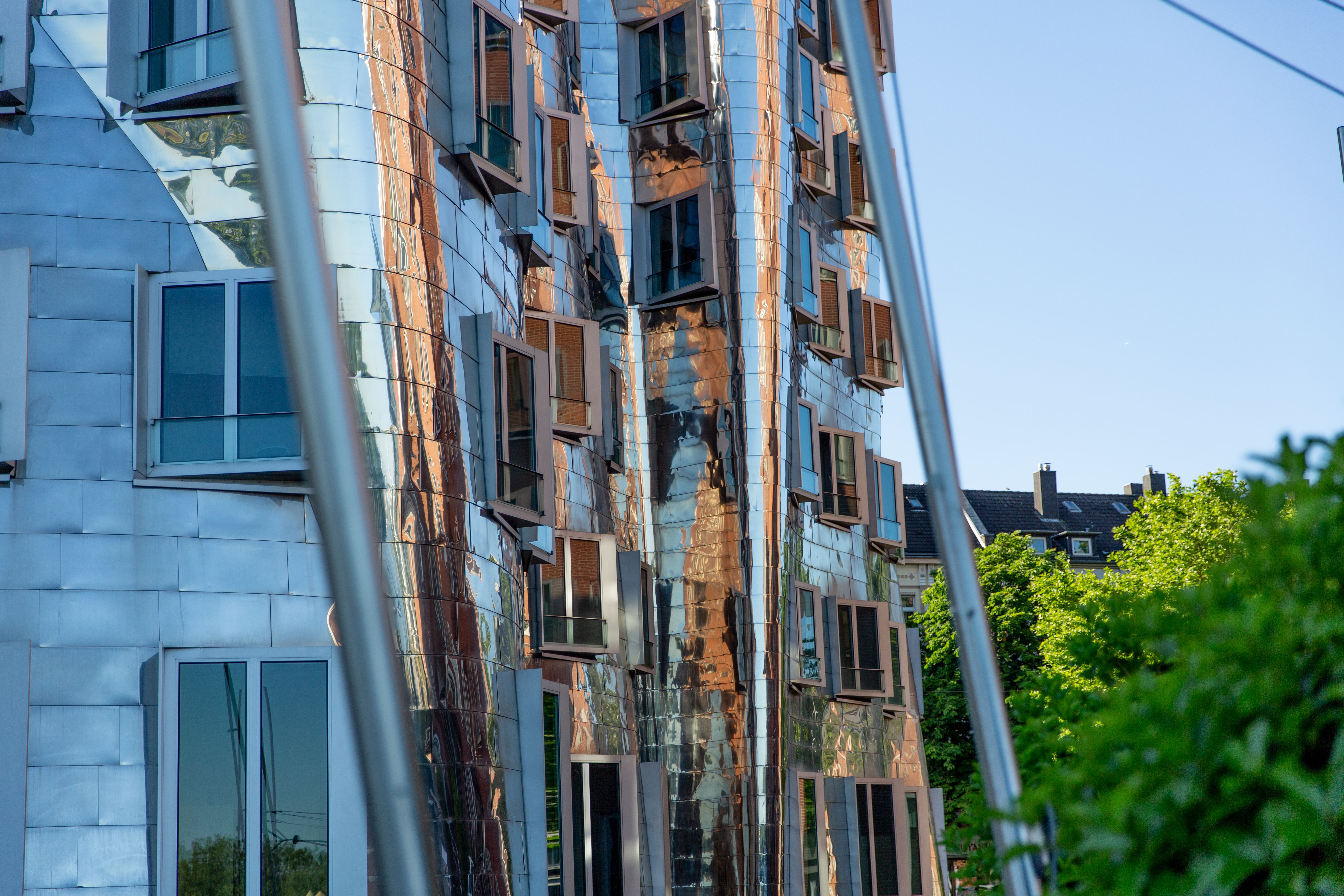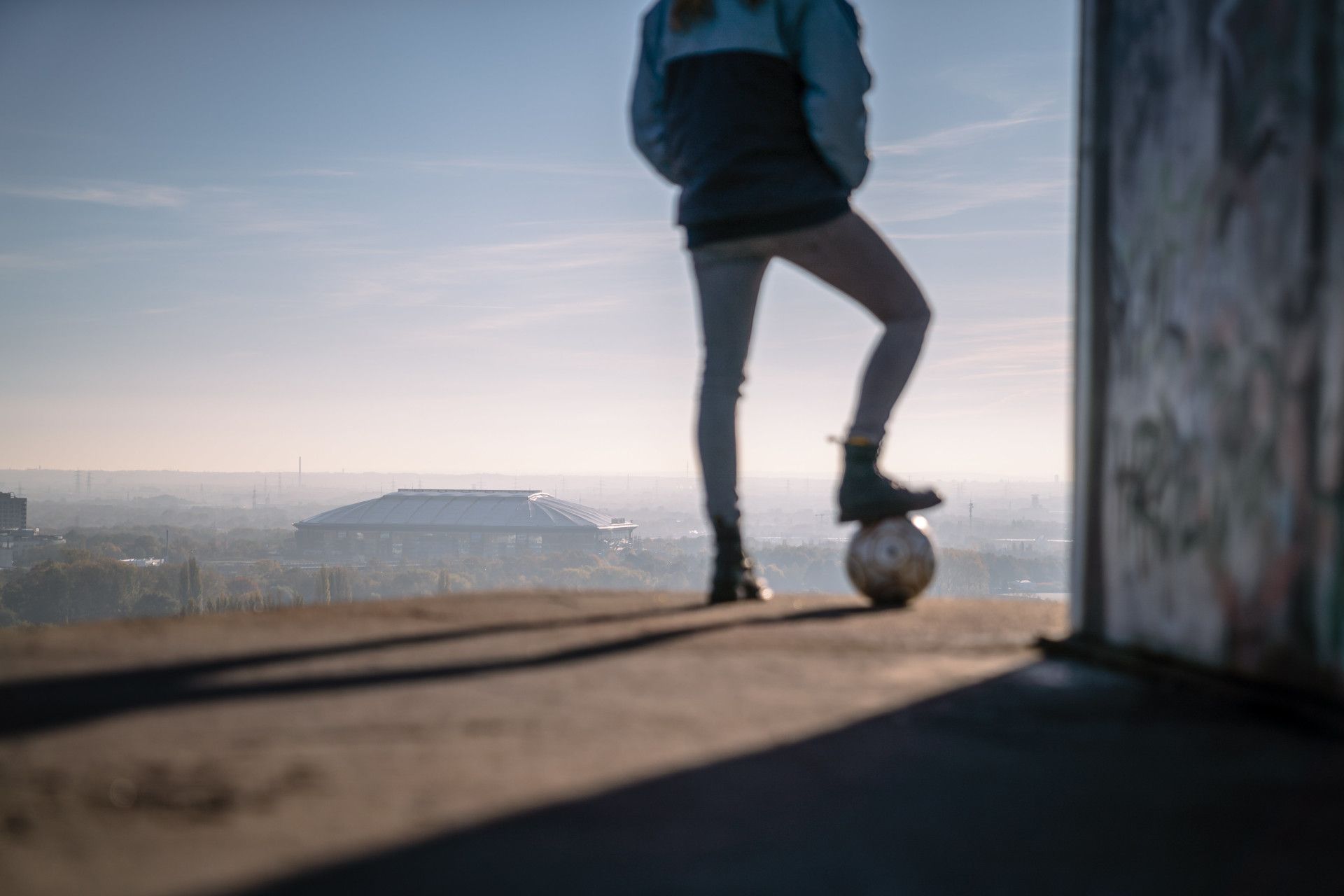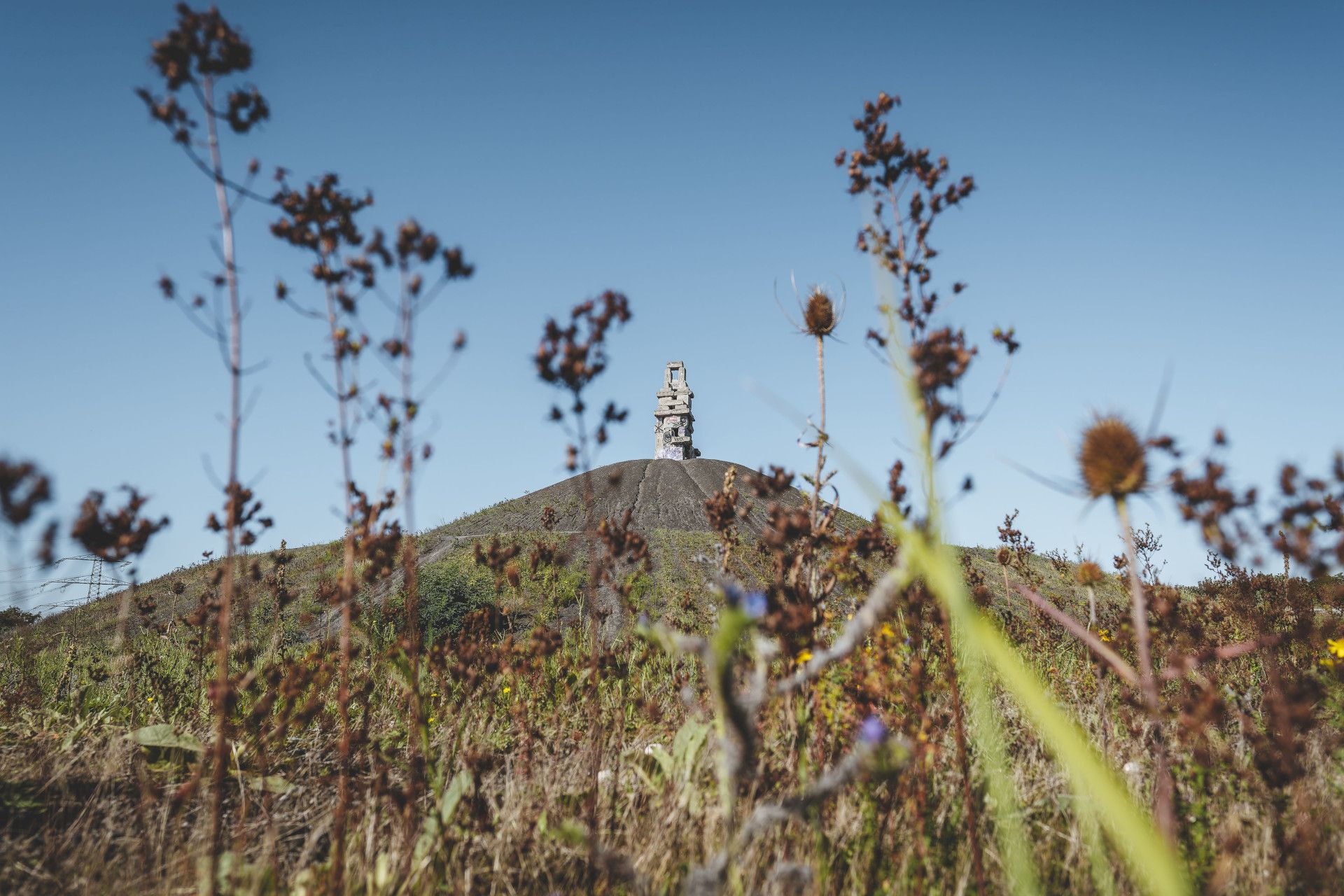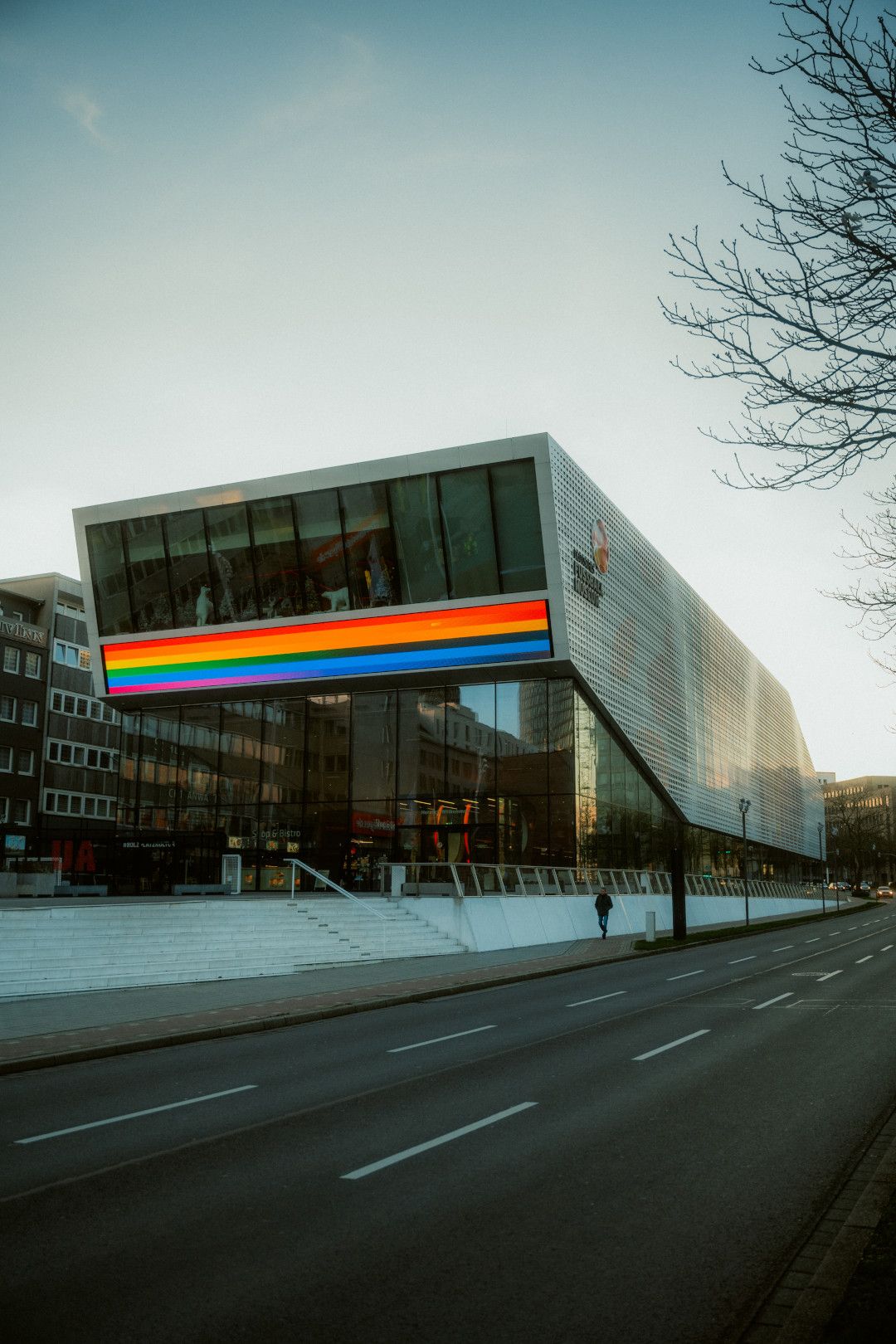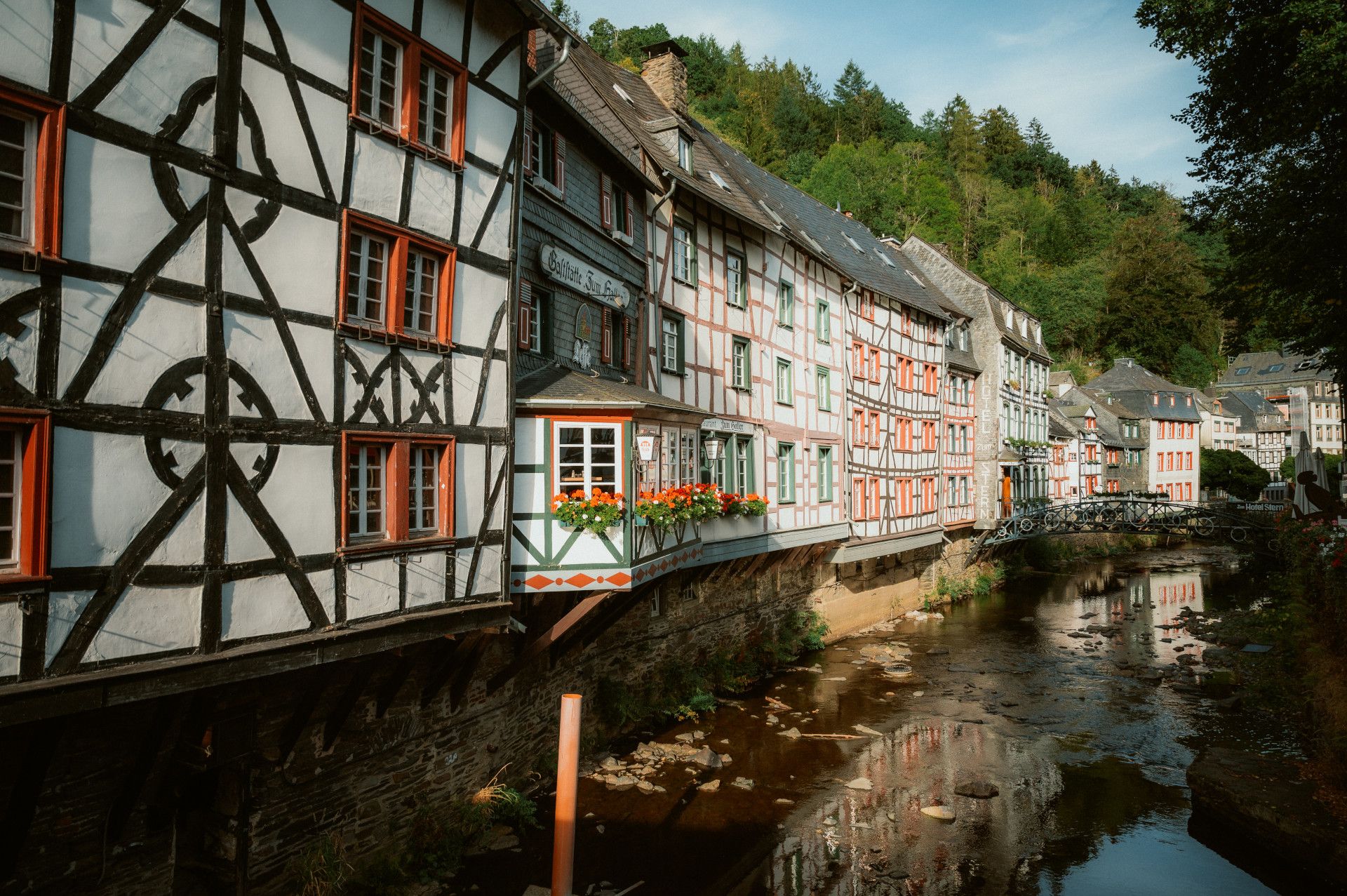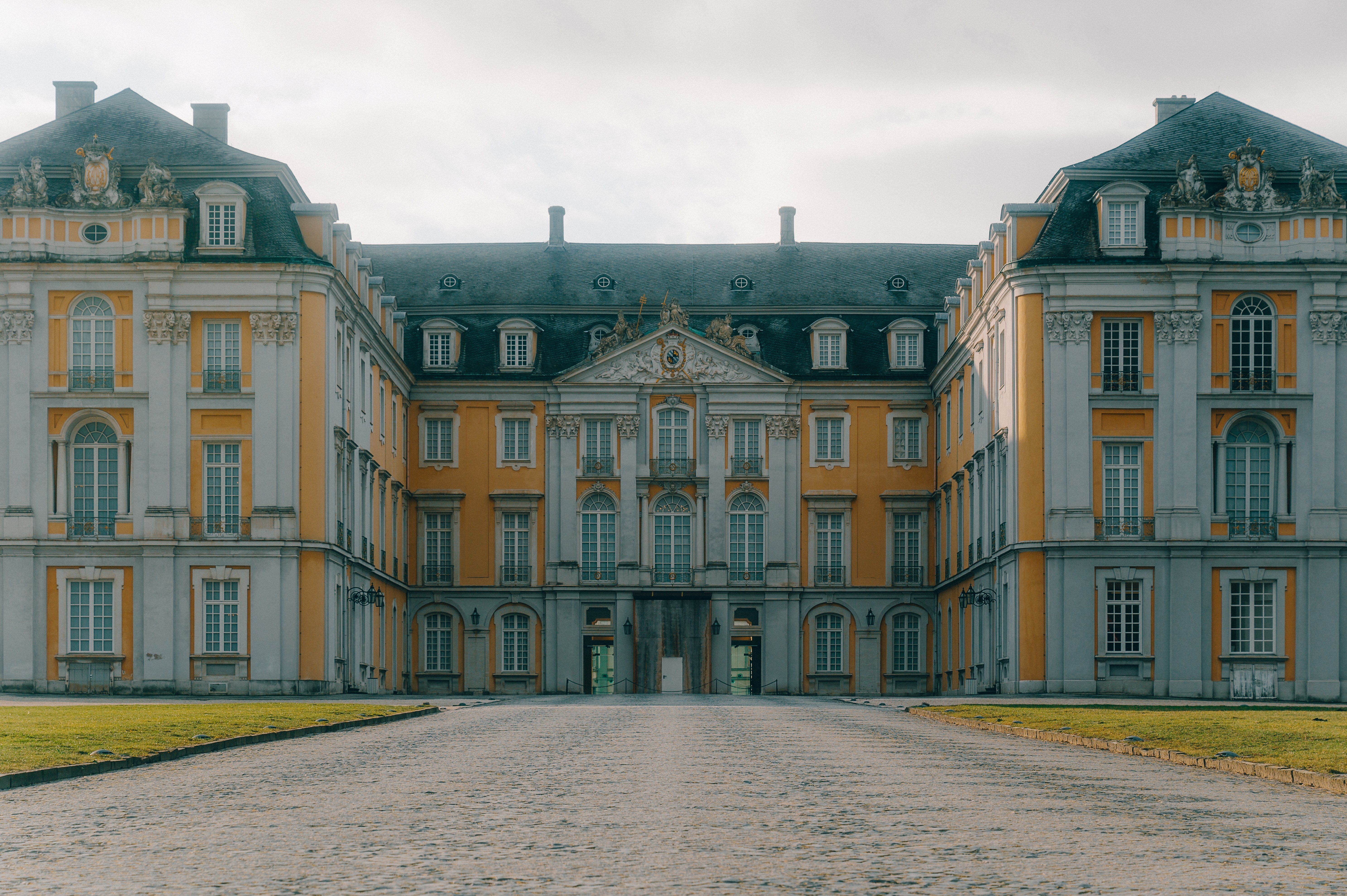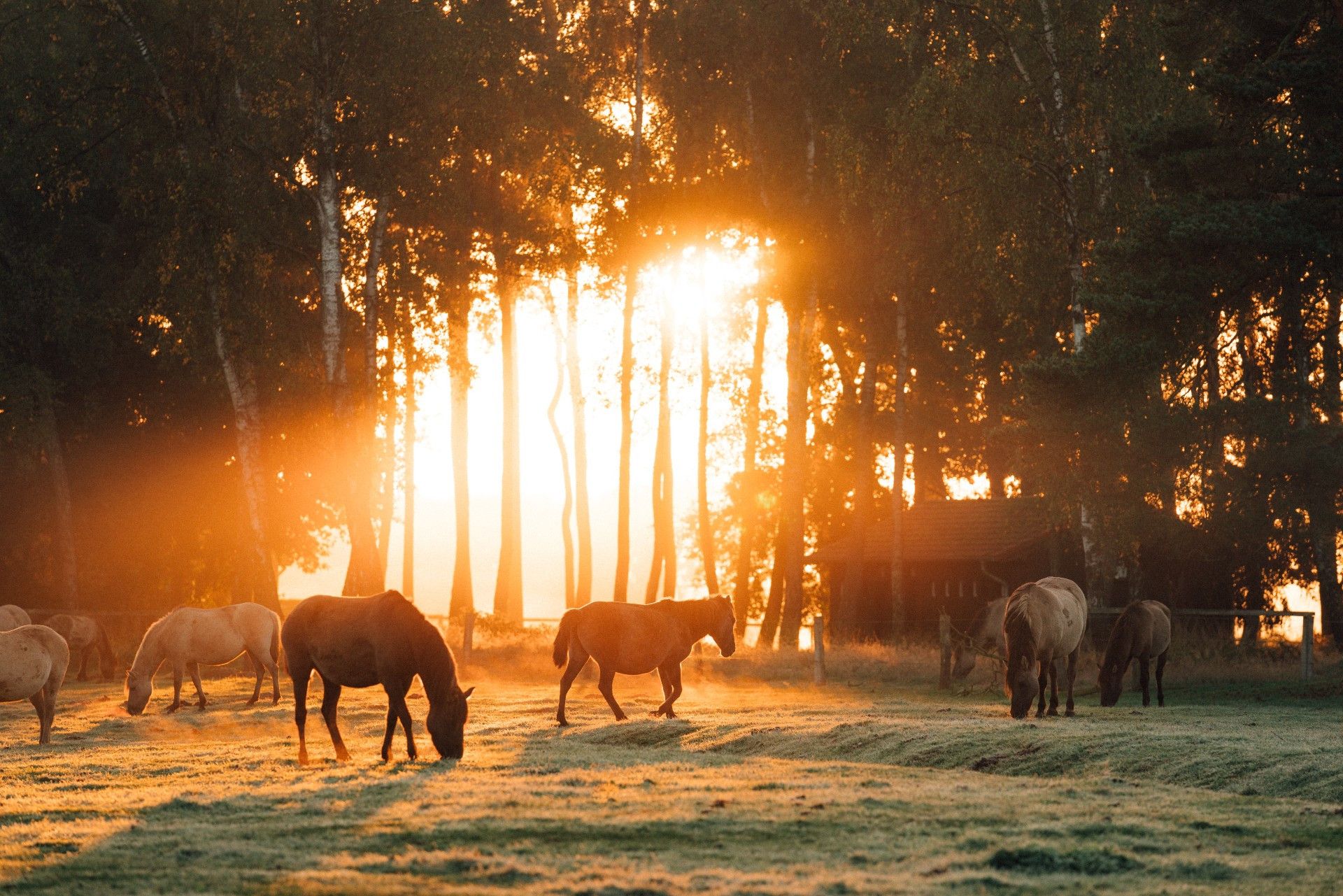The people of Cologne are not only in an animalistic mood during carnival, but also when it comes to football. Hennes, a live billy goat, has been the mascot of 1. FC Köln since 1950. Only Cologne Cathedral, which attracts six million visitors to the city every year and is a UNESCO World Heritage Site, is probably even better known than him. Also at the top of the list is the Chocolate Museum right on the Rhine. Milk and dark chocolate are available here, also with almonds or marshmallows. If you don't want to eat chocolate but would rather drink beer, stop off at one of the rustic breweries: There, hearty, gruff waiters called Köbes serve freshly tapped Kölsch. One of them is Köbes Timo, who tells us more about beer and his special profession.
Another passion takes centre stage at Motorworld Köln: highly polished racing cars and trophies from the collection of a former Formula 1 world champion can be seen there. In addition to the Michael Schumacher Private Collection, there are even hotel rooms with a garage.
